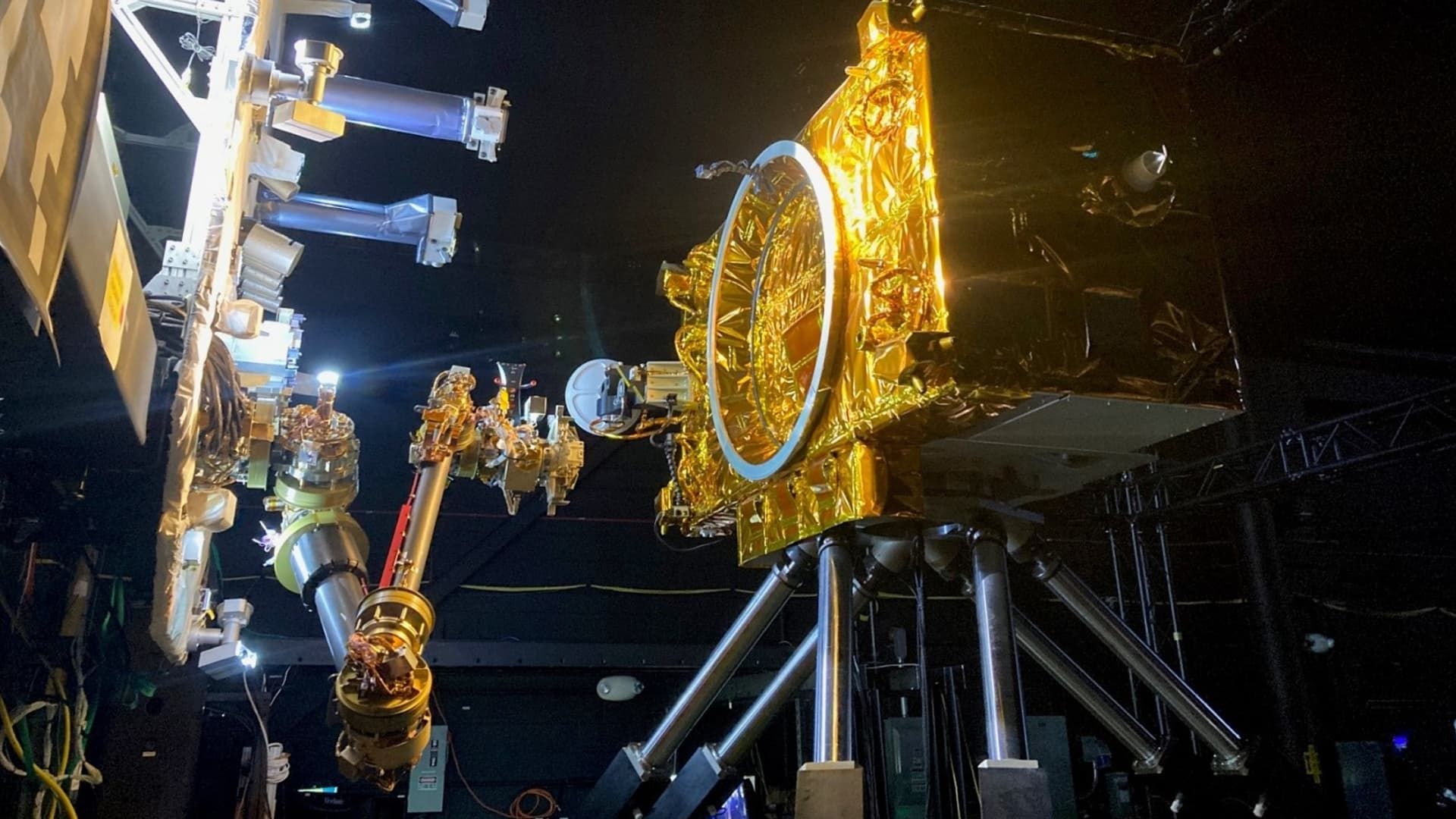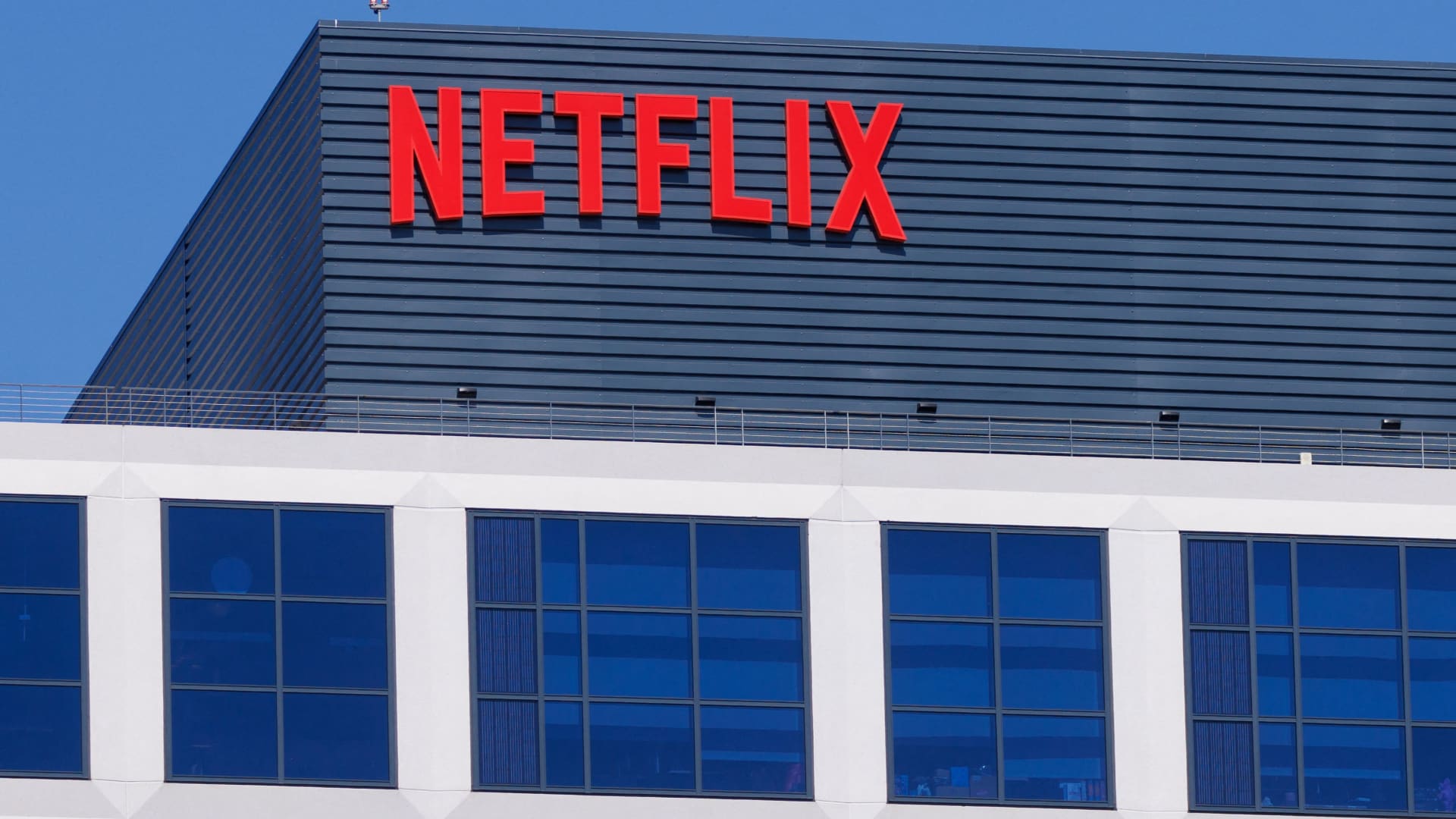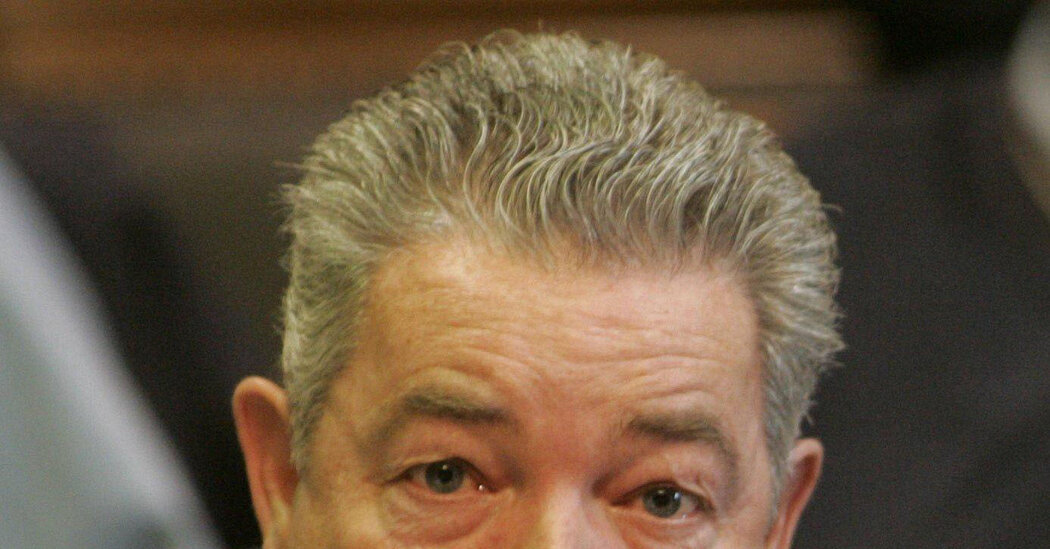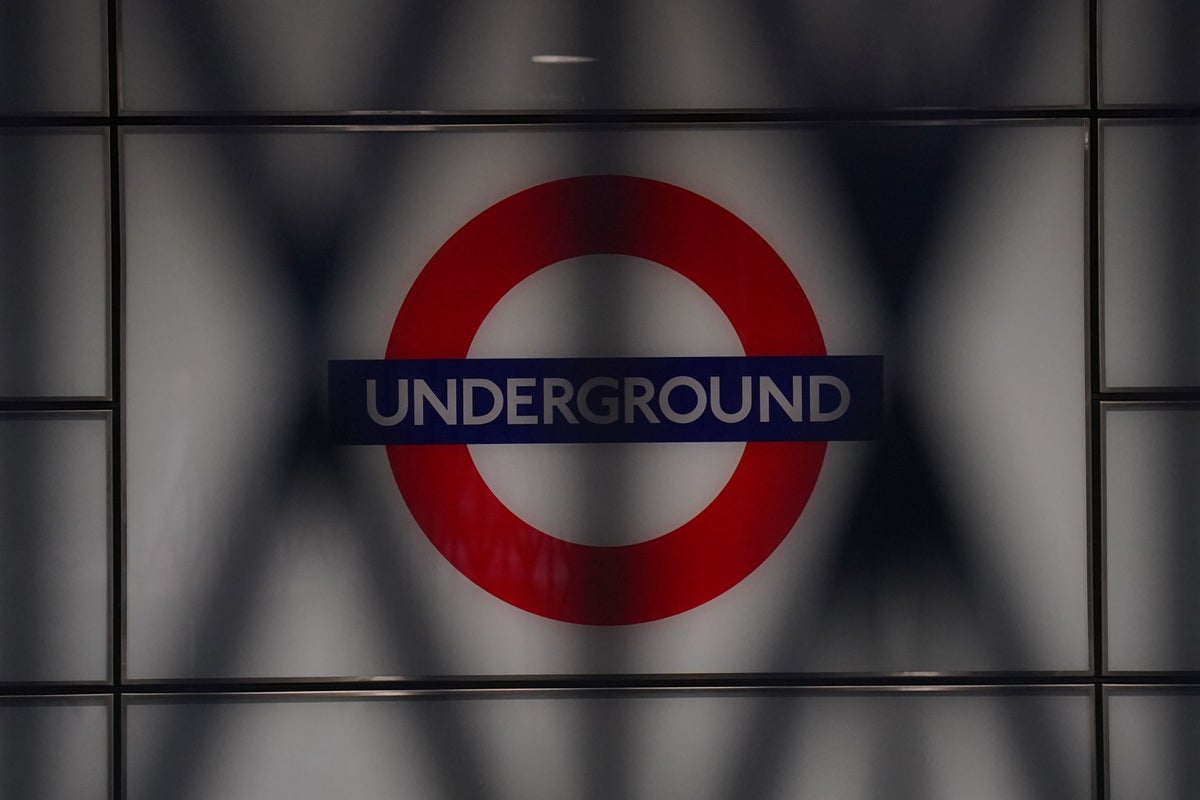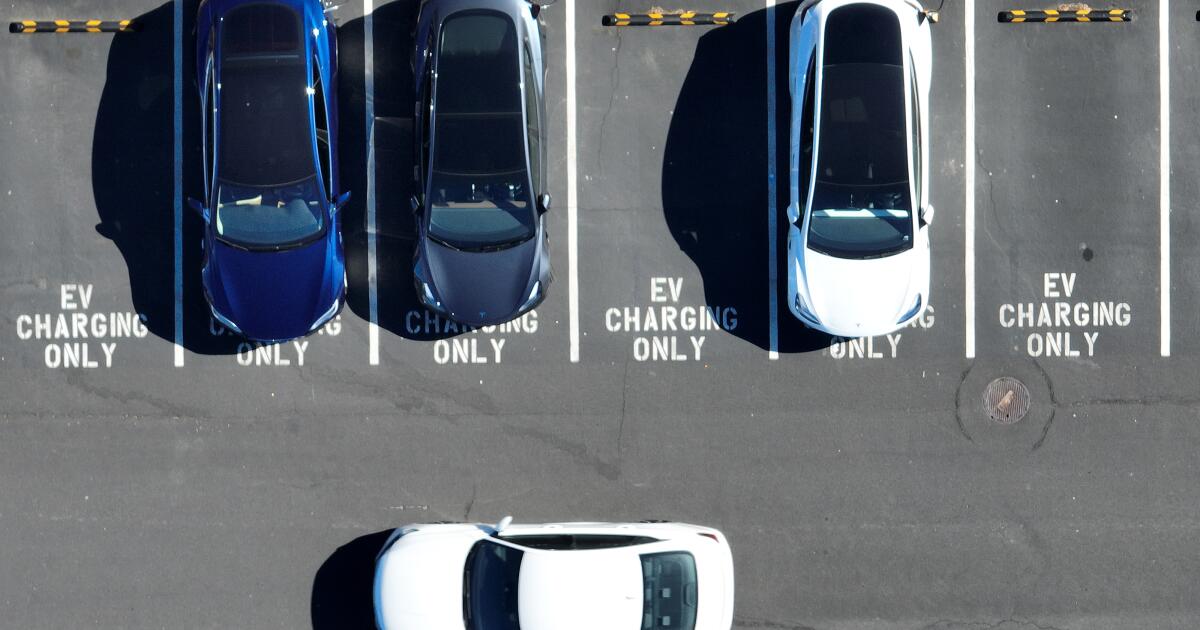A “grip test” of the spacecraft's service robotic arm.
POT
NASA announced Friday that it is shutting down a $2 billion project to test refueling satellites in space, after the agency's auditor criticized the program's prime contractor, Maxar, for its poor performance.
The space agency said in a statement that the OSAM-1, or “On-Orbit Service, Assembly and Manufacturing 1” project, would be suspended after nearly a decade of work.
NASA cited “continued technical, cost and schedule challenges, and a broader community evolution away from refueling unprepared spacecraft, which has led to the lack of a committed partner” in a release.
“While we are disappointed by the decision to suspend the program, we are committed to supporting NASA in pursuing potential new partnerships or alternative uses of hardware as they complete the shutdown,” Maxar Space Systems spokesman Eric Glass said. in a statement to CNBC.
NASA did not respond to CNBC's request for comment on how many personnel will be affected as a result of the cancellation of OSAM-1.
Maxar was taken private by private equity firm Advent International in May 2023 before splitting into two businesses: Maxar Intelligence, focused on satellite imaging and analysis, and Maxar Space Systems, focused on spacecraft manufacturing.
Sign up here to receive weekly editions of CNBC's Investing in Space newsletter.
NASA's Goddard Center in Maryland was leading work on OSAM-1, with Maxar Space Systems serving as the project's prime contractor under multiple agreements. OSAM-1 has been in development since 2015, with the goal of docking with the US-owned Landsat 7 imaging satellite in orbit, to repair and refuel the aging spacecraft to extend its life.
But OSAM-1 is years behind schedule, while the program's cost to NASA has skyrocketed. In a scathing October report, NASA's Inspector General “found that project cost increases and schedule delays were primarily due to poor performance by Maxar,” while noting that the agency's Goddard center also has had problems with key parts of the development.
“NASA and Maxar officials acknowledged that Maxar underestimated the scope and complexity of the work, lacked a complete understanding of NASA's technical requirements, and lacked the necessary expertise,” the NASA Inspector General said in his report. , after a one-year audit.
The agency's auditor noted that OSAM-1 was likely to “exceed its current price tag of $2.05 billion and launch date of December 2026,” which was already six years behind schedule. The report, citing Maxar representatives, noted that the company “was no longer benefiting from its work on OSAM-1” and, in NASA's view, no longer appeared “to be a high priority for Maxar in terms of quality.” of your staff.”
NASA's cancellation of OSAM-1 comes months after Maxar delivered major segments of the spacecraft to Goddard in Maryland, but other key parts were still unfinished.
Satellite servicing is a nascent subsector of the space industry that has only recently begun to prove itself, with Northrop Grumman extension missions that represent an initial effort.

